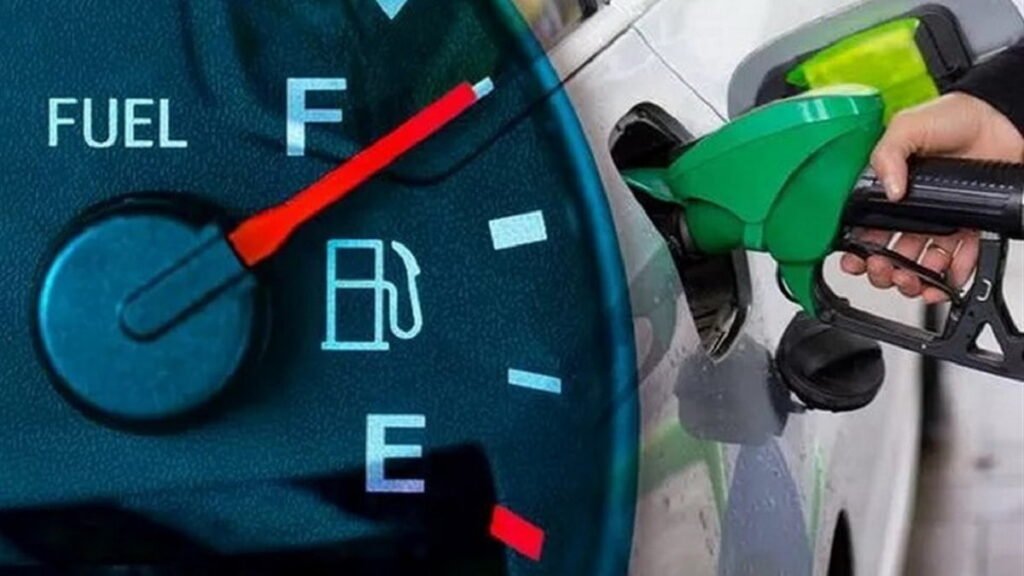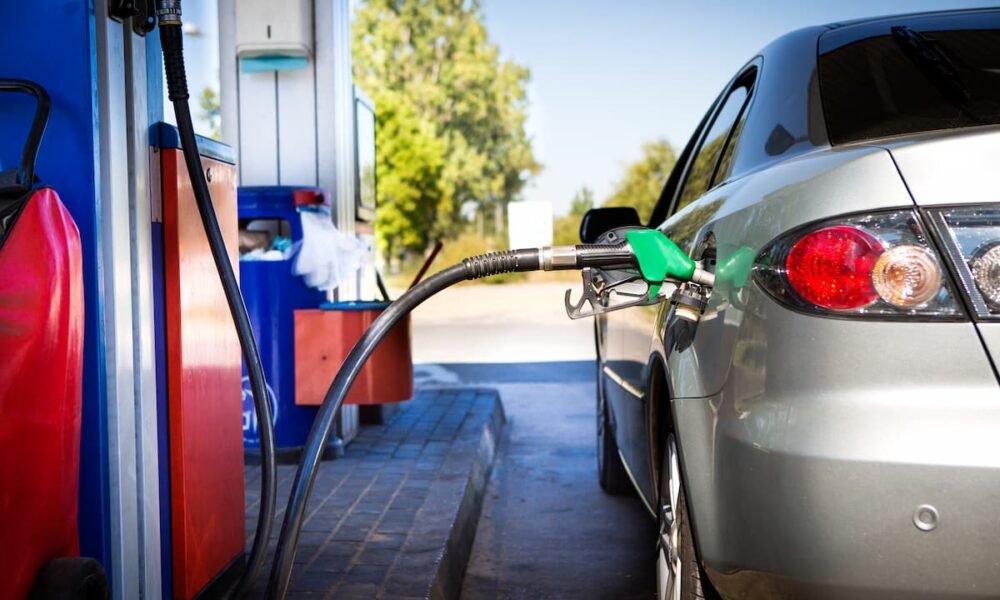
If you’re concerned about the gas price or want to lower the impact of your driving on the environment, you do not have to scrap your car for a hybrid. Your car will burn 30% more fuel if maintenance is not done regularly. We all know the importance of car maintenance, but we need to do it more often for many reasons.
We are asked more questions about fuel efficiency compared to any other topic. Short of becoming a “hyper-miler,” the tips below will help you use every last drop of fuel you pour into your car tank and prevent bad fuel efficiency, whether you are driving a best remap company or a big Fortuner.
1 – Check the tire pressure at least once a month. Under-inflated tires burn more fuel because they use more power to roll if tires are 8 pounds underinflated, the rolling resistance of the tires increases by 5%.
2 – At the gas station, keep the hose in the tank until after the pump shuts off completely and ensure you allow all the fuel to drop out of the nozzle. At least a cup can pour from the hose. It’s yours, and you paid for it.
3 – When suitable, use the cruise control. This can save you approx. 6% in fuel consumption on highways.
4 – Damaged battery cables can cause the alternator to work harder, consuming more gas. Clean them as a matter of course with each engine check-up.
5 – Change the air filter of the car at least the number of times mentioned in the owner’s manual, more if you drive in dusty conditions.
Some Additional Tips for Fuel Efficiency
Have a regular engine check-up. Since the advent of computer-controlled fuel injection, there is nothing like an old-fashioned “tune-up” anymore. At worst, you may be needed to replace spark plugs, oxygen sensors, the air and fuel filters.
If your car was built in the mid-1980s, the exhaust system has an oxygen sensor. Following the manufacturer’s recommendations, it should replace just as you would spark plugs. This tiny device trims the fuel delivery and profoundly affects fuel economy in the process.
Driving in the highest gear without labouring the engine is another fuel-efficient way of driving. Driving at a speed of 60 km/h, a vehicle will use 25% more fuel in third gear than it would use in fifth. Speeding while in a lower gear consumes 40% more fuel than speeding in a higher gear. If you have a trip computer onboard, you probably have “Instant fuel economy” settings. Watch this gauge – keep the litres per 100km as low as possible. The new Ford Fusion Hybrid has a graphic display of a leaf hat sprouts leafs each time you meet a fuel economy milestone.
Think ahead! Drive smoothly. You can reduce fuel consumption and wear and tear by applying light throttle and avoiding heavy braking. Research says driving techniques can influence fuel efficiency by approx 30%.
Reduce your load. Think carefully about what you need to take on a journey. Refrain from packing useless stuff. Lesser the load, the lesser the fuel consumption. Carrying extra pounds burns more gas. If you carry 100 pounds in the trunk, it may increase fuel usage b 2%.
Choose the right octane gas for the car. You can check the owner’s manual to determine what octane fits your car engine. Octane rating measures the gasoline’s ability to resist the engine knock. High octane fuels cost more; that is another thing. Only about 6% of cars sold need premium gas. And premium gas accounts for about 10% of all gas sold.
You can improve car gas mileage by 1-2% using the manufacturer’s recommended grade for motor oil. E.g., using 10W-30 motor oil in a 5W-30 engine can reduce gas mileage by one to two percent. Thicker the oil; hard to pump it. This results in parasitic horsepower losses.
Check suspension and chassis parts for misalignment. Wheels bents, axles, worn shocks, and broken springs also contribute to drivetrain drag and the unsafe condition they create more obviously.
Wait to rest your left foot on the brake pedal at all times while driving. The slightest pressure can put “mechanical drag” on components and wear them down prematurely. Such “dragging” also demands additional fuel burn to overcome the drag.
You should always keep your car clean and washed. The dust and mud will affect the fuel and airflow in your car engine and cause your engine to heat up. And at the end of the day, it will cause extra fuel to you. Keep it clean to improve fuel performance.
Check the engine oil timely and change it when it has covered the mileage that is mentioned to renew the oil.




